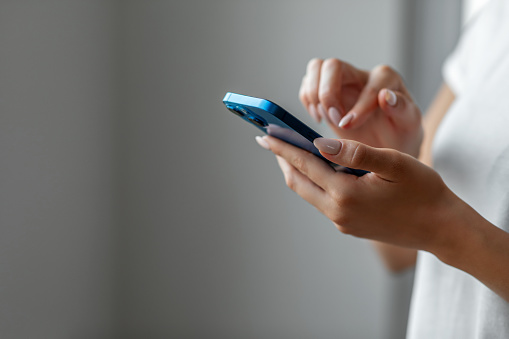
By Brian Jules Campued
Senate Committee on Basic Education chair Sen. Sherwin Gatchalian has filed a bill seeking to prohibit the use of mobile devices and electronic gadgets in schools during class hours among basic education students and teachers.
In a news release Monday, Gatchalian said that while mobile devices and electronic gadgets can be compelling tools to enhance learning and teaching, they can also cause distractions that could negatively impact academic performance of students.
He said that access to such devices also makes students prone to cyberbullying.
“Kaya naman nais nating higpitan ang paggamit sa mga mobile devices at iba pang electronic gadgets, lalo na sa oras ng klase,” he said.
Under Senate Bill No. 2706, or the Electronic Gadget-Free Schools Act, the Department of Education (DepEd) is mandated to establish guidelines for the prohibition, which covers learners and teachers from kindergarten to senior high school in both public and private education institutions.
The senator also cited an analysis from the Programme for International Student Assessment (PISA) that showed eight in 10 learners aged 15 have reported being distracted by personal smartphone use during class.
“The same number of learners also reported being distracted by other learners’ smartphone use during class hours,” he said.
PISA results also revealed that distraction due to smartphone use during class is correlated with a decrease in performance of about 9.3 points in mathematics, 12.2 points in science, and 15.04 in reading.
Gatchalian noted the 2023 Global Education Monitoring Report published by the United Nations Educational, Scientific, and Cultural Organization (UNESCO) recommended the stricter regulation on mobile phone use during class hours.
“The report found that only 13% of countries in the world have laws partially or fully banning mobile phone use in schools, while 14% have policies, strategies, or guidelines for the same purpose,” he said.
Gatchalian clarified that with the proposed measure, there would be exceptions in allowing smartphone use during class hours, such as classroom presentation or class-based learning activities; monitoring of the well-being of students with health conditions; risk management during emergencies; and during recreational activities outside school premises. – iro
